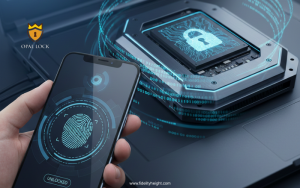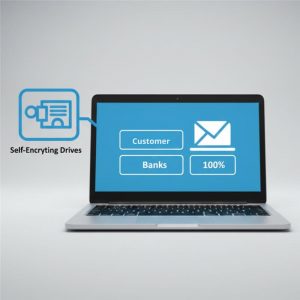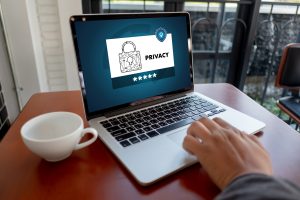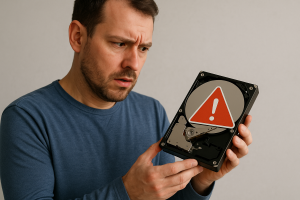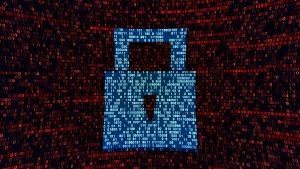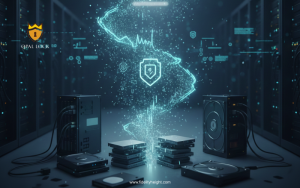
The Growing Demand for End-of-Life Drive Security Solutions
Where Does Your Data Go When Your Drives Retire? Every company invests heavily in data protection for active drives through encryption access controls monitoring and backups. But what happens when those drives reach their end of life? Old hard drives, SSDs, and servers often contain years of sensitive data. Even if files are deleted or systems are reformatted, data fragments remain accessible. That’s why organizations around the world are now focusing on end-of-life drive disposal as a critical part of their secure IT lifecycle strategy. And the key to doing it right lies in hardware encryption, data loss prevention software, and specialized solutions like Opal Lock by Fidelity Height that


